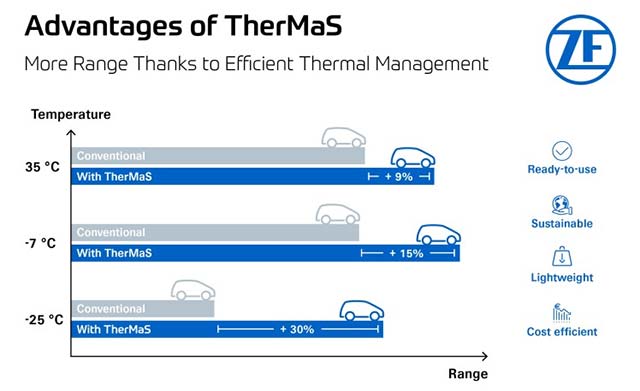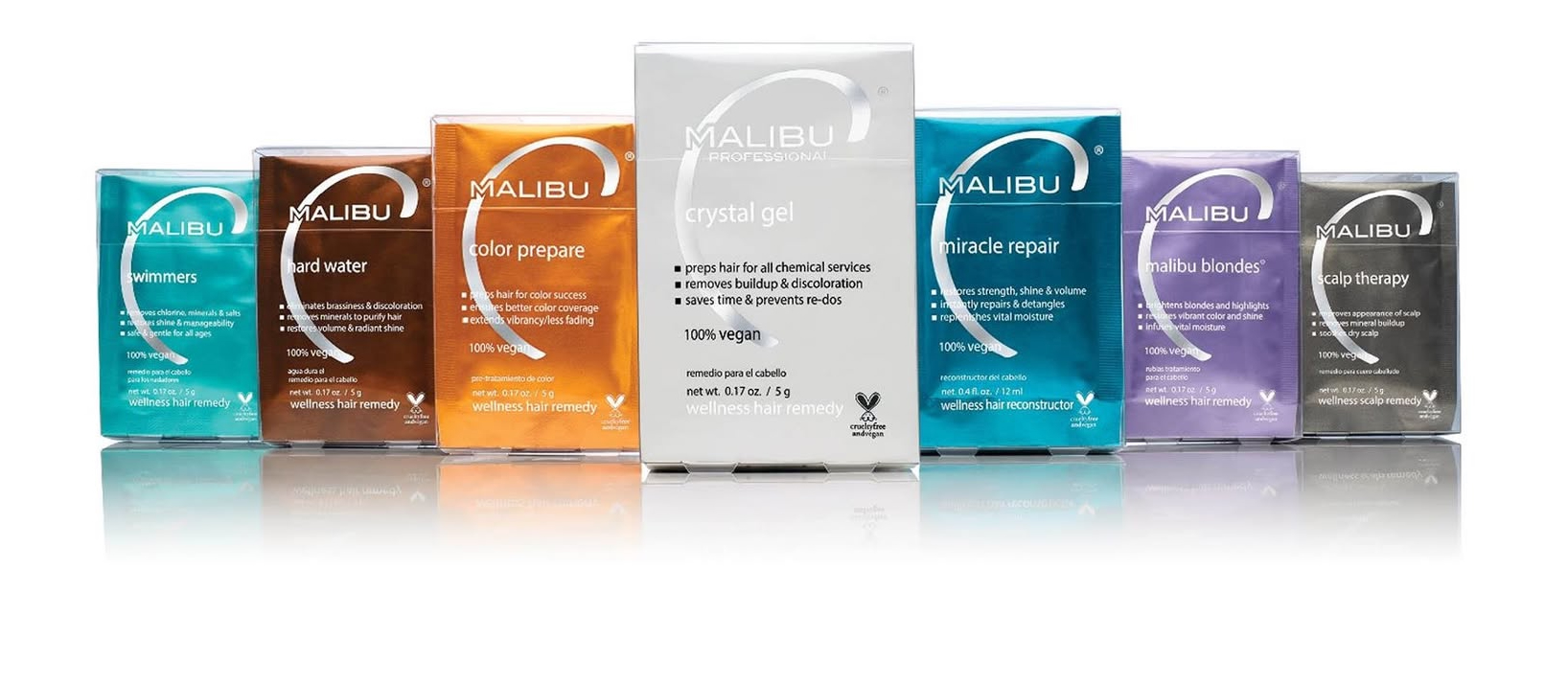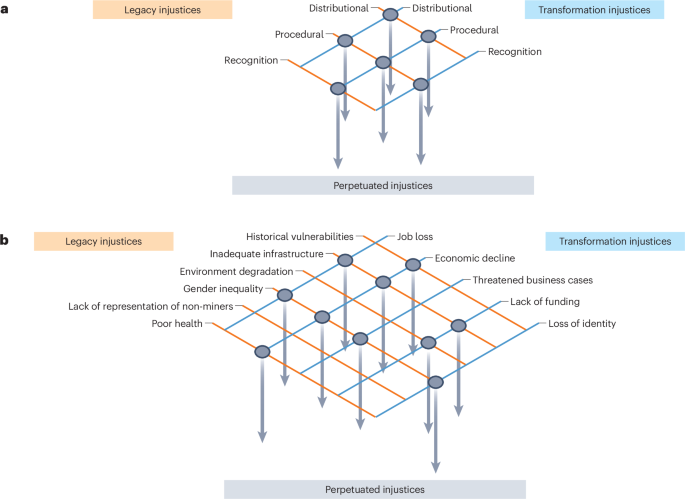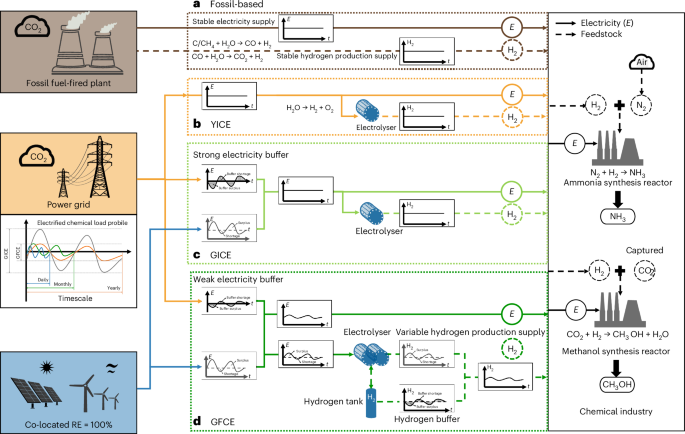Whole Foods Ground Beef Recalled Over E. Coli Risk, Public Health Alert Issued
Whole Foods has recalled 1-pound packages of organic ground beef due to the potential for E-Coli.

The U.S. Department of Agriculture’s Food Safety and Inspection Service (FSIS) has issued a public health alert for ground beef products that may be contaminated with E. coli. These products were sold at Whole Foods stores.
According to a Whole Foods statement, the recall date was June 3, 2025, for Organic Rancher Organic Ground Beef, 85% Lean, 15% fat. The FSIS issued a public health alert to warn consumers not to eat these products. A formal recall was not initiated, as the items are no longer available for sale.
The raw ground beef was produced on May 22 and 23, 2025. Per an FSIS press release, 1-pound vacuum-packed packages of “Organic Rancher Organic Ground Beef 85% lean, 15% fat” with use- or freeze-by dates of June 19 and 20, 2025, were placed under a public health warning.
Additionally, the product bears the establishment number “EST. 4027” inside the USDA mark of inspection. The ground beef was shipped to distributor locations in Connecticut, Georgia, Illinois, and Maryland and distributed to Whole Foods Market retail locations nationwide.
A public health alert was issued for ground beef sold in Illinois and Whole Foods markets across the country over concerns the meat may be contaminated with E. coli. Click here for details: https://t.co/xJFG48nzco#groundbeef #foodsafety #ecoli #wholefoods #cooking #recall pic.twitter.com/4210ls0jTX— NBC Chicago (@nbcchicago) June 4, 2025
The issue came to light when the company informed FSIS it had distributed ground beef that tested positive for E. coli. At this time, there have been no confirmed cases of illness linked to the affected products, but Whole Foods customers who may be experiencing symptoms or have health concerns are advised to contact a healthcare provider.
Whole Foods Action: What Is the Difference Between a Public Health Alert and a Recall?
According to the USDA, a recall is a voluntary action. The action is typically initiated by a company, sometimes requested or coordinated by the FSIS, to remove a product from commerce that poses a health risk.
“These official establishments are also required to notify FSIS within 24 hours of becoming aware that adulterated or misbranded product entered commerce. Recalls are initiated by the manufacturer or importer of the meat, poultry, or egg product, sometimes at the request of FSIS, when they determine these products are adulterated or misbranded. All recalls are voluntary,” reads a statement regarding why items are recalled.
On the other hand, a public health alert, per the USDA, is issued to inform the public about potential health risks in cases where a recall cannot be recommended. “For example, FSIS may be aware of an outbreak of foodborne illness, but the source has not yet been identified. Or, illnesses may occur due to improper handling of a particular product, and FSIS may issue an alert to remind consumers of safe food handling practices,” a statement reads.
The FSIS shared this public health alert over concerns that some of the affected products may be in the refrigerators or freezers of Whole Foods customers. They advise these consumers not to consume the meat and either throw it away or return it to the place of purchase.























































































































































